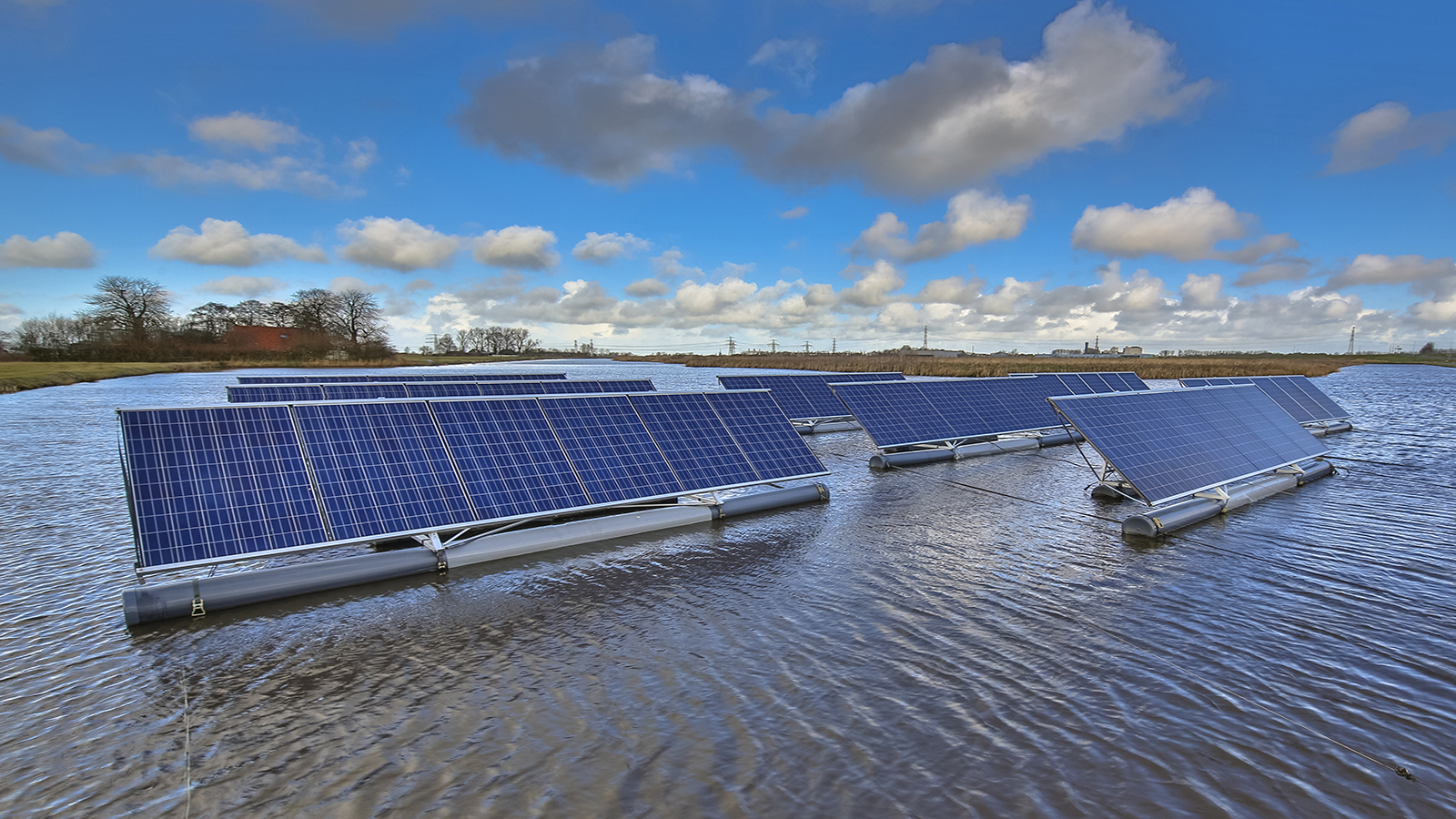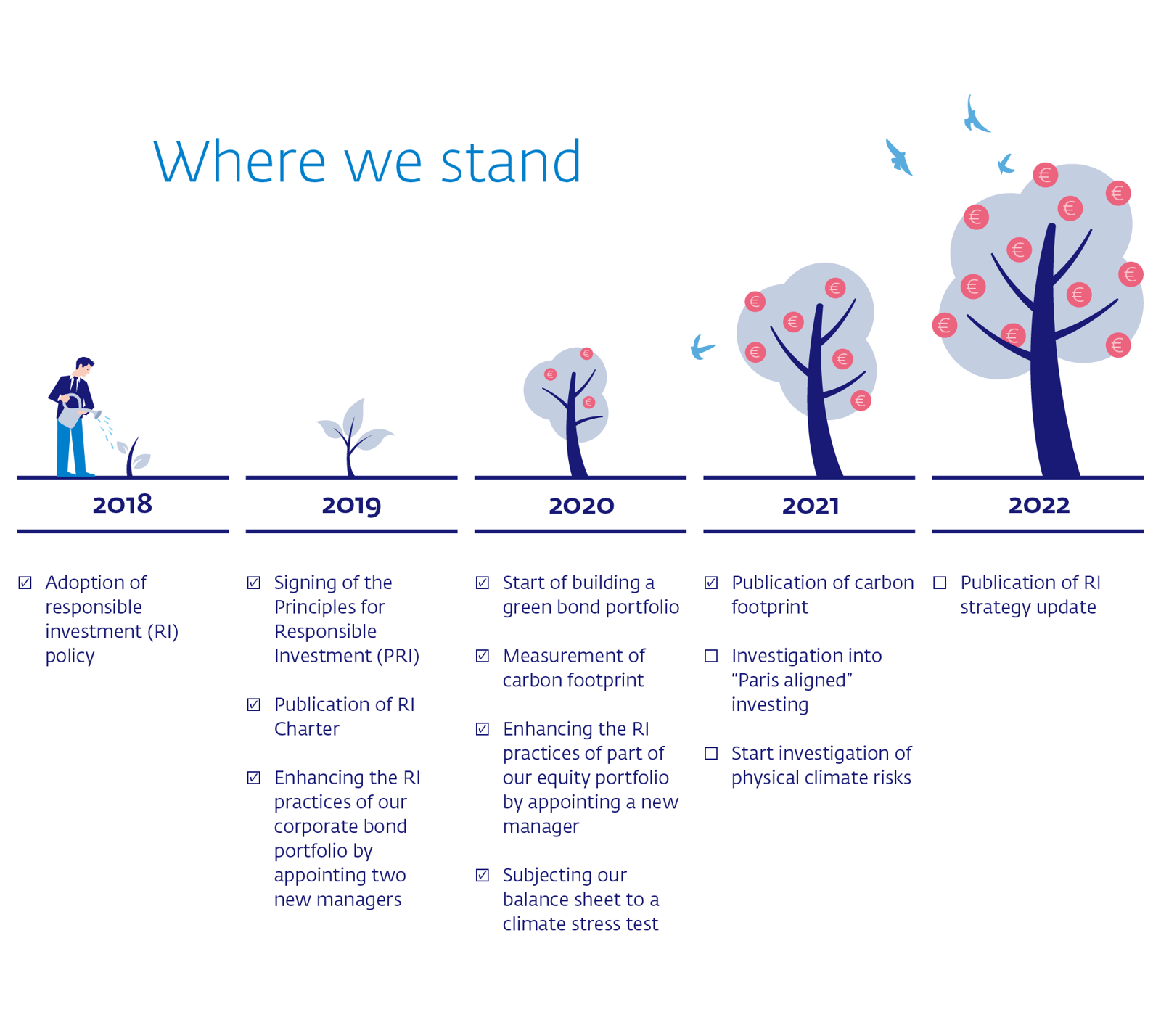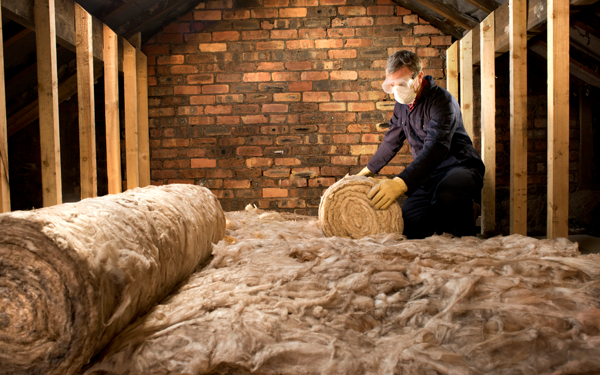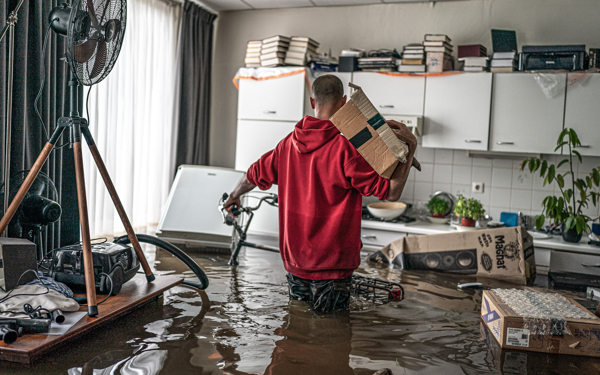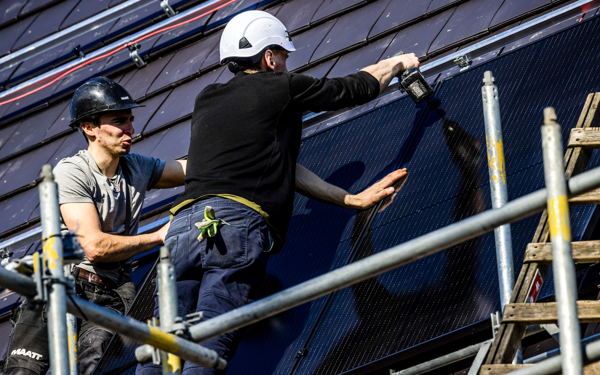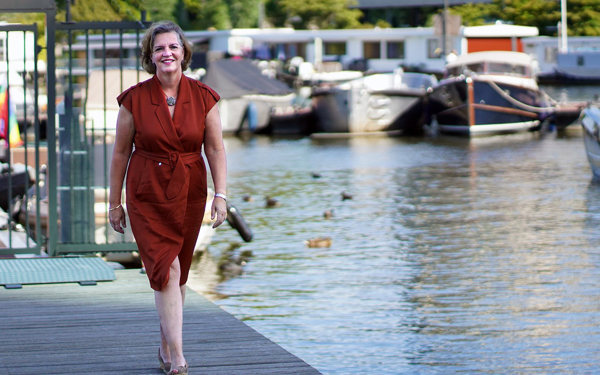Climate and transparency
Climate-related considerations play an increasingly prominent role in our efforts to make our own-account investment portfolios more sustainable. We believe it is important to be open about the challenges and opportunities on the road to becoming a sustainable investors. That is why we have added a special climate annex to our annual report this year. It is fully in line with the recommendations of the Taskforce for Climate-related Financial Disclosures (TCFD) and includes the carbon footprint of our own-account investments. In this climate report, we want to share our experiences with other central banks and financial institutions. We explain how we deal with climate risks and opportunities in our core tasks of monetary operations, supervision of the financial sector, economic advice and statistics production.
Building a green bond portfolio
We have started to build up a green bond portfolio for our own-account investments to support the development of this market. This year, we aim to invest at least EUR 400 million. At the end of last year, the volume of our green bond portfolio amounted to around EUR 320 million.
Making external management more sustainable
We are improving the sustainability of our investments on the basis of the principles we formulated in our 2019 Responsible Investment Charter. Since then, we have taken a number of important steps. In 2019, for example, we appointed two new external managers for our corporate bond portfolio. In 2020 we also appointed a new manager for part of our equity portfolio. These new managers comply with our principles. This means they integrate environmental, social and governance (ESG) criteria in the investment decision, exclude producers of controversial weapons, and screen for violations of the UN Global Compact principles, leading to exclusion or engagement. In chapter 4 of our Annual Report, we explain the steps we have taken so far to align our investments with our Charter. We are almost there. We are currently in the process of adapting our operational organisation and systems in order to realise the goals of our Charter in all our portfolios.
Climate stress test on our balance sheet
We subjected our balance sheet to a climate stress test this year. This revealed that our balance sheet is sensitive to transition risks. Transition risks are the result of the transition to a carbon-neutral economy. Climate policy, technological developments and changing consumer preferences may cause loans to sectors and companies that emit high levels of CO2 or other greenhouse gases (and investments in them) to lose value much faster than expected. In the most severe stress scenario both our corporate bond and equity portfolios are hit relatively hard.
You can read more about the climate stress test in the climate annex of our annual report.




